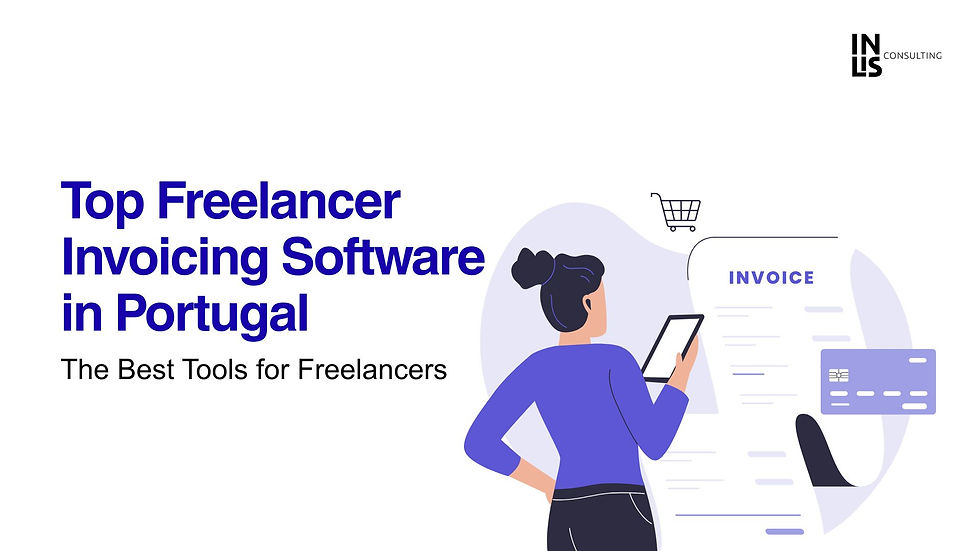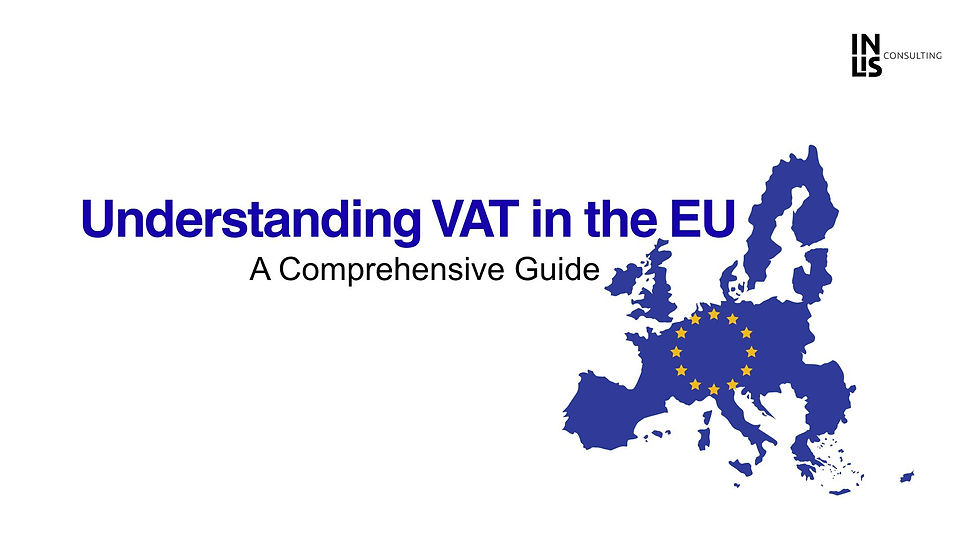Tax Obligations Come Before Residency: The Financial Catch Faced by Immigrants in Portugal
- INLIS Consulting
- Aug 4
- 3 min read
Imagine working legally in Portugal, issuing invoices, paying taxes, and contributing to the country’s economy, yet being told by the system that you don’t truly “exist” here

This is the harsh reality for many immigrants across Portugal today. While the state is quick to demand taxes from foreign workers, it systematically withholds the legal recognition and rights that should come with those contributions.
The Tax Burden Before the Residence Permit
Portugal finds itself entangled in a troubling contradiction. On one hand, it intensifies efforts to collect taxes from foreign nationals. On the other hand, it erects barriers that prevent these same taxpayers from regularizing their fiscal and legal status.
One example is the behavior of the Portuguese Tax Authority (AT). Immigrants who register as freelancers—by opening recibos verdes (green receipts) often discover that they’re denied a Portuguese tax residence address. This happens although many of them have already been living and working in Portugal for months, if not years.
According to OECD standards, which Portugal officially follows, someone who spends more than 183 days a year in the country and maintains a habitual residence or work location here qualifies as a tax resident. But in practice, Portugal’s tax system often ignores these guidelines, leaving immigrants in a kind of bureaucratic limbo.
Punished for Contributing
Without being officially recognized as tax residents, immigrants are denied access to Portugal’s standard tax regime. They’re blocked from using the progressive IRS tax rates or claiming deductions and benefits available to residents.
Instead, they are taxed at a flat 25% rate on all income, a rate typically reserved for non-residents. In effect, they are penalized for not being recognized as residents, even though they live and work exclusively in the country.
This taxation model is not only unfair, it's unsustainable. It treats immigrant workers as outsiders, while benefiting from their full participation in the economic system.
VAT: A New Hurdle for Newcomers
Another shift in the system has added even more weight to the shoulders of new self-employed workers. Previously, freelancers were granted a VAT exemption during their first year of activity, provided they didn’t exceed a set income threshold. This was especially helpful for immigrants trying to get started in a new country.
Now, that exemption is denied to anyone without a recognized Portuguese tax address. As a result, newcomers must charge VAT from day one, regardless of their income level. This not only raises their tax burden but also places them on an uneven playing field, where they carry the same fiscal responsibilities as long-established residents, without any of the protections or benefits.
Contributing Like Citizens, Treated Like Outsiders
The situation has created a troubling double standard: immigrants are required to act like citizens when it comes to their duties, yet they are denied the rights that should come with them.
They work. They pay taxes. They contribute to the public system. But they remain excluded, unrecognized, unprotected, and often unheard.
This contradiction becomes even more painful in light of the growing political narrative that claims immigrants are "taking advantage" of the system. In truth, many are upholding the very system that continues to sideline them.
Portugal Must Choose: Inclusion or Contradiction?
If Portugal aims to maintain its reputation as a progressive, welcoming, and competitive country, it must confront this contradiction head-on.
The country cannot continue demanding economic contributions from people it refuses to officially acknowledge.
Taxation without recognition is not just a policy failure, it’s a moral and social injustice.
The path forward is simple, but urgent: Portugal must recognize, support, and respect those who are already playing their part in the country’s growth. Because contributing to society should never come with exclusion.




Comments